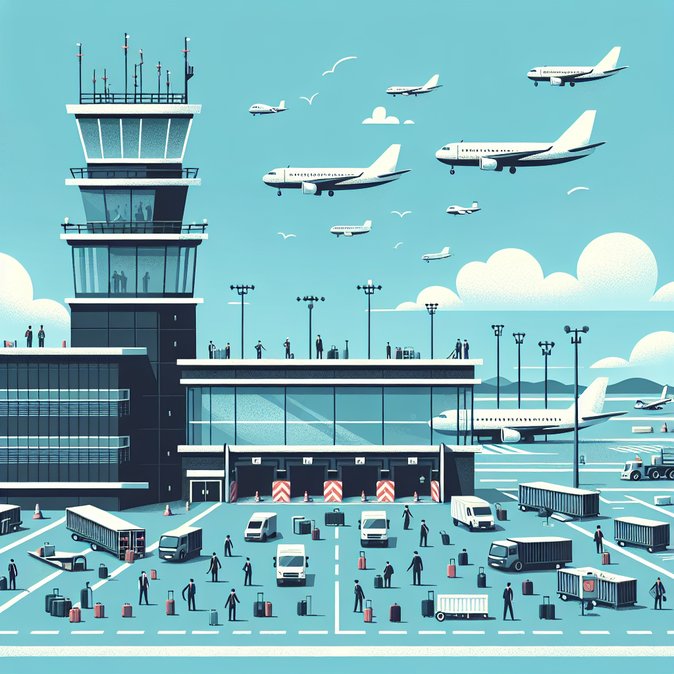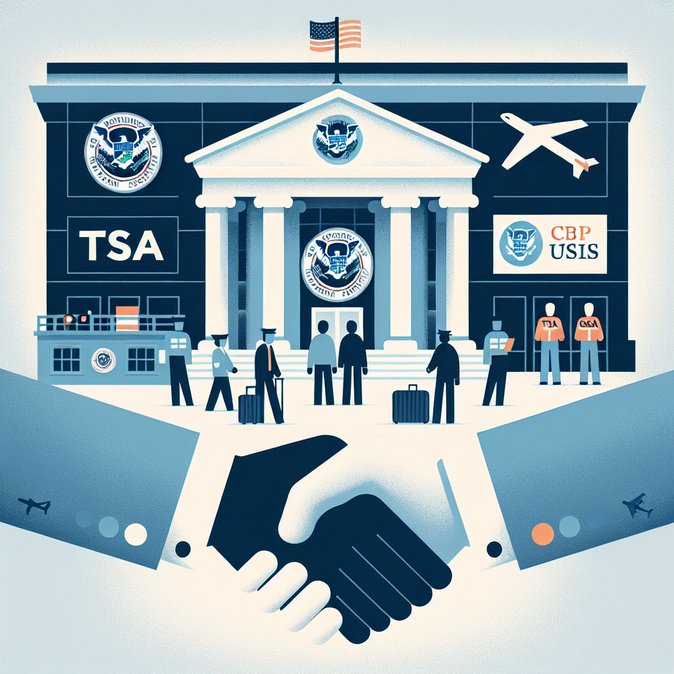
The Federal Aviation Administration (FAA) has told U.S. airlines to reduce scheduled flights at 40 major airports from 6 % today to 10 % by 14 November amid an unprecedented wave of air-traffic-controller (ATC) absences caused by the ongoing federal government shutdown. The directive, confirmed in internal notices reviewed by Reuters, follows a weekend in which carriers cancelled 2,700 flights and delayed more than 10,000—the worst single-day disruption since records began.
Controllers, working unpaid for 40 days, are calling in sick or reaching the legal overtime limits designed to protect safety. Absentee rates hit 40 % at key hubs such as Atlanta and New York TRACON, forcing ground-delay programmes that ripple nationwide. Transportation Secretary Sean Duffy warned travellers to expect “a very rough week” and said Thanksgiving capacity could fall 15-20 % if Congress fails to reopen the government and restore pay.
![FAA Orders Airlines to Cut Up to 10 % of Flights as 40-Day Shutdown Cripples U.S. Skies]()
The operational squeeze is hammering business travel. Consulting firm Teneo calculates that Fortune 500 companies lost an estimated US$310 million in productivity last week as sales teams and project engineers were stranded. Supply-chain managers also face cargo backlogs, with integrators prioritising medical and semiconductor shipments over routine e-commerce.
Airlines are re-routing trans-cons over less-congested northern tracks, up-gauging aircraft, and offering fee-free rebooking. Global mobility managers should advise travellers to book the first flights of the day, avoid tight connections, and use remote-work options where feasible. Companies with must-travel obligations—such as field-service technicians—should build two-day buffers into itineraries.
Looking ahead, the FAA says flight reductions will remain until the ATC workforce returns to 85 % of normal staffing for five consecutive days. Even if Congress reaches a funding deal this week, airlines warn it could take another seven to ten days to unwind the cuts and reposition crews and aircraft.
Controllers, working unpaid for 40 days, are calling in sick or reaching the legal overtime limits designed to protect safety. Absentee rates hit 40 % at key hubs such as Atlanta and New York TRACON, forcing ground-delay programmes that ripple nationwide. Transportation Secretary Sean Duffy warned travellers to expect “a very rough week” and said Thanksgiving capacity could fall 15-20 % if Congress fails to reopen the government and restore pay.

The operational squeeze is hammering business travel. Consulting firm Teneo calculates that Fortune 500 companies lost an estimated US$310 million in productivity last week as sales teams and project engineers were stranded. Supply-chain managers also face cargo backlogs, with integrators prioritising medical and semiconductor shipments over routine e-commerce.
Airlines are re-routing trans-cons over less-congested northern tracks, up-gauging aircraft, and offering fee-free rebooking. Global mobility managers should advise travellers to book the first flights of the day, avoid tight connections, and use remote-work options where feasible. Companies with must-travel obligations—such as field-service technicians—should build two-day buffers into itineraries.
Looking ahead, the FAA says flight reductions will remain until the ATC workforce returns to 85 % of normal staffing for five consecutive days. Even if Congress reaches a funding deal this week, airlines warn it could take another seven to ten days to unwind the cuts and reposition crews and aircraft.


